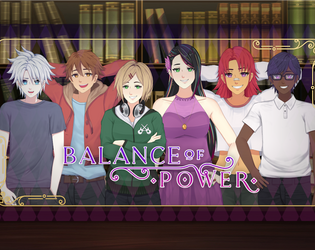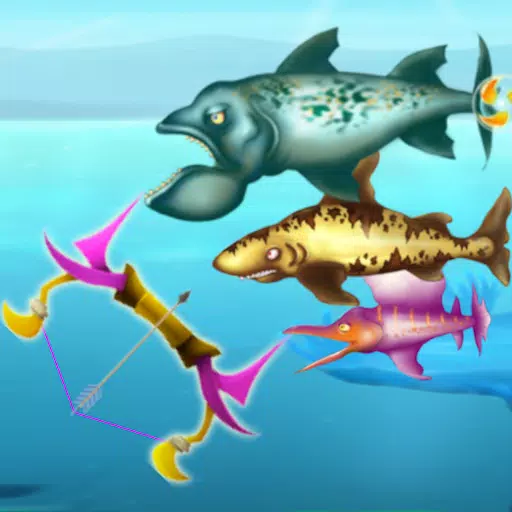Turn-based games have long been a staple in role-playing game (RPG) discussions, often pitted against more action-oriented gameplay styles. The release of Clair Obscur: Expedition 33 last week has reignited these debates, especially concerning the future direction of major RPG franchises. Praised by IGN and numerous other outlets, Clair Obscur: Expedition 33 proudly showcases its turn-based roots, drawing clear inspiration from classics like Final Fantasy VIII, IX, and X, as well as incorporating elements from Sekiro: Shadows Die Twice and Mario & Luigi.
In an interview with RPGsite, producer Francois Meurisse emphasized that Clair Obscur was designed as a turn-based game from the outset. The game blends traditional turn-based strategy with action elements through quick-time events during attacks and defensive maneuvers like parrying and dodging. This unique system has sparked considerable discourse, particularly on social media, where fans have used Clair Obscur's success to argue in favor of turn-based mechanics, especially in the context of the Final Fantasy series.
Naoki Yoshida, during the media tour for Final Fantasy XVI, discussed the shift towards action-based mechanics in RPGs, citing evolving player preferences, particularly among younger audiences. He acknowledged the appeal of command and turn-based systems but highlighted the growing sentiment that selecting commands in games is less engaging for some players. This shift is evident in recent Final Fantasy titles like XV, XVI, and the VII remake series, which have moved towards more action-driven gameplay.
However, the narrative around turn-based games is more nuanced than a simple debate over Final Fantasy's direction. Square Enix has not abandoned turn-based games entirely; recent releases like Octopath Traveler 2 and upcoming titles such as SaGa Emerald Beyond and the Bravely Default remaster for Switch 2 demonstrate continued support for the genre. While Final Fantasy may have evolved, the broader RPG landscape still embraces turn-based mechanics.
The success of Clair Obscur: Expedition 33 does not necessarily mean Final Fantasy should adopt its style wholesale. Each franchise has its unique aesthetic and iconography, and reducing Clair Obscur to a mere imitation of Final Fantasy overlooks its innovative combat systems, compelling soundtrack, and thoughtful world-building. Historical debates about RPGs like Lost Odyssey and comparisons between Final Fantasy titles illustrate that these discussions are not new and reflect the passionate nature of the gaming community.
Sales figures also play a crucial role in these decisions. Yoshida mentioned that while he appreciates command system RPGs, the expected sales and impact of Final Fantasy XVI were key factors in its development. Meanwhile, Clair Obscur: Expedition 33 achieved impressive sales, reaching 1 million copies sold in just three days, signaling strong demand for well-crafted turn-based RPGs. Other successful turn-based titles like Baldur's Gate 3 and Metaphor: ReFantazio further underscore the genre's viability.
Ultimately, Clair Obscur's success is a testament to the power of authentic game development. As Larian CEO Swen Vincke noted regarding Baldur's Gate 3, investing in a high-budget game that the creative team is passionate about can yield significant results. This approach suggests a path forward that celebrates originality and creativity, rather than rehashing old debates. Whether this signals a shift for major franchises like Final Fantasy remains to be seen, but it certainly highlights the enduring appeal and potential of turn-based RPGs.















